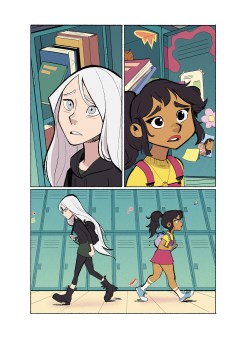 Like many modern friendships, mine with author Sandy Stark-McGinnis began on Twitter. The date was June 4, 2017, and Sandy was about to go on sub for her debut novel, EXTRAORDINARY BIRDS (Bloomsbury, 2019). We shared an agent at the time, and Sandy asked if I could share my insights into the submission process.
Like many modern friendships, mine with author Sandy Stark-McGinnis began on Twitter. The date was June 4, 2017, and Sandy was about to go on sub for her debut novel, EXTRAORDINARY BIRDS (Bloomsbury, 2019). We shared an agent at the time, and Sandy asked if I could share my insights into the submission process.
Three years later, Sandy and I are still exchanging messages on everything from our shared obsession with The Golden Girls, to our favorite wines (Sandy and I both enjoy reds, particularly Pinot). On a more serious note, when my dad was diagnosed Alzheimer’s disease, Sandy was there with love and support. Her dad suffered with Alzheimer’s as well, before passing away in 2010. This shared struggle brought us closer, and it gave me an even deeper respect for Sandy, and for her latest middle-grade novel, THE SPACE BETWEEN LOST AND FOUND (Bloomsbury, April 28, 2020)—a novel that features a parent’s struggle with early-onset Alzheimer’s disease.
Described by School Library Connection as “…{a} beautifully told novel of family and friendship that is brimming with love and feelings,” THE SPACE BETWEEN LOST AND FOUND is available now from Bloomsbury Publishing. Here is a summary:
“Cassie’s always looked up to her mom, a vivacious woman with big ideas and a mischievous smile. Together they planned to check off every item on a big-dream bucket list, no matter how far the adventure would take them. But then Mom was diagnosed with early-onset Alzheimer’s disease, and everything changed.
Now, Cassie tries to keep Mom happy, and to understand some of Dad’s restrictive new rules. She tries to focus on math lessons and struggles to come up with art ideas that used to just burst off her pen. When Mom’s memories started to fade, so did Cassie’s inspiration. And even worse, she’s accidentally pushed away Bailey, the one friend who could make it all okay.
After the worst Mom day yet, the day she forgets Cassie’s name, Cassie decides to take action. It’s time for one last adventure, even if it means lying and taking a big risk to get there.”
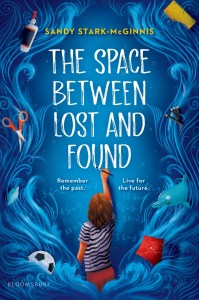
MR: Hi, Sandy. Before we start, I must tell you how deeply moved I was by your novel. It really hit home, because my dad—like yours—had Alzheimer’s. How did your experience with this disease provide insight into your characters, particularly Cassie’s mom? The dad? Cassie…?
SSM: Thank you! My experience with my dad was extremely influential and definitely defined the way I portrayed the characters, from the way my dad behaved at different stages of the disease, to how my mom coped on a day-to-day basis, to how we–my brothers, sister and I–processed and navigated our way through the slow but very real loss of the man we called “Dad.”
MR: As above, THE SPACE BETWEEN LOST AND FOUND focuses on a deeply personal topic. As you were writing and memories of your own experience with your dad’s Alzheimer’s surfaced, how did you keep your head above water emotionally? What advice would you give to other writers who choose to tackle emotionally difficult subjects?
SSM: I think the best way to go about facing any personal topics is to be in a place where those feelings are still strong but you can be objective about them, enough so you’re in the space (head and heart) of being able to portray characters and situations honestly. I think the hardest scene for me to write was when Cassie and her dad go to the assisted living facility to take a tour. I can still remember so vividly the day we took my dad to a facility. It was heartbreaking because his favorite place to be in the world was home, and to take him away from that, well… But, we (my family) knew it was what was best, because my mom could no longer take care of him.
MR: THE SPACE OF LOST AND FOUND is interspersed with flashbacks; the present day, and the years before Cassie’s mom was diagnosed with Alzheimer’s. What was the purpose of using this stylistic device?
SSM: The use of flashback scenes was my editor, Allison Moore’s, idea. I think the purpose was to have a balance of emotion and to show what the family’s life was before the Alzheimer’s. I think the flashbacks also do a great job in establishing what Cassie and her father were saying goodbye to—the memories as a reminder of Kim’s (Cassie’s mom) energy and love for life.
MR: I know you’re familiar with the subject of Alzheimer’s Disease, but what kind of research did you have to do for this book? How did it affect your portrayal of Cassie’s mom? Of Cassie’s reactions to her mom’s disease?
SSM: Well, I mostly drew upon my experience with my dad. There are only a few ways early onset is different than other types of the disease. According to scientists, people who suffer from early onset have more of the brain changes that are linked to Alzheimer’s, and early onset is also linked to a defect in a certain part of a person’s DNA.

MR: Cassie’s mom, Kim, loves dolphins and swimming. I know you were a competitive swimmer back in the day (for 13 years!), but what’s the dolphin connection? Are you a dolphin lover, too?
SSM: In the story Kim’s best stroke was the butterfly, so I think I made the connection to dolphins that way. But I also found through research that dolphins have amazing memories. So, I thought someone’s love of dolphins and the fact they were suffering from Alzheimer’s was an interesting dynamic to explore.
MR: In addition to dealing with her mom’s Alzheimer’s diagnosis, Cassie is having friendship troubles with her ex-best friend, Bailey. Specifically, Cassie doesn’t feel able to talk to Bailey about her mom. As a teacher, what advice would you give to a middle-school student about talking to their friends about personally painful topics?
SSM: Friends can be a great support system. Sometimes when students are going through emotional issues at school, or at home, they just need a friend, or friends, to listen to them. But it’s also wise to have friends who will encourage you to reach out to an adult if you need help.
MR: As a teacher and a mom, I can only guess how hard it is for you to sneak in writing time. What’s your secret? Do you have a specific routine?
SSM: I do have a routine! I’m a morning person (thanks to getting up at four o’clock every morning in high school for swim practice), so I get up early to write. I usually set a goal—five hundred, a thousand words—and try to be as consistent with reaching that goal as I can.
What are you working on now, Sandy? Can you give us a teaser?
SSM: Right now, I’m working on a third middle-grade novel that’s based on something that happened to me—an experience that had a great impact on the way I see the world–when I was eight years old.
MR: And finally, since you and I are HUGE Golden Girls fans, I thought we’d finish this interview with—you guessed it, my friend—a GOLDEN GIRLS LIGHTENING ROUND! Are you game?
SSM: OH, YEAH!
Okay, here we go…

Dorothy, Blanche, Rose or Sophia? Rose.
Sicily or St. Olaf? St. Olaf.
Shady Pines or the Rusty Anchor? The Rusty Anchor.
Sophia’s lasagna or Rose’s beef tips on toast? I’m going with the lasagna.
Stanley Zbornak or Glenn O’Brien? Good ole Stanley.

Favorite guest star: George Clooney, Burt Reynolds, Sonny Bono, or Bob Hope? Burt Reynolds
“Johnny No Thumbs” or “Mr. Terrific”? Mr. Terrific!
Favorite episode? “Ladies of the Evening.”
It’s your birthday! Choose a gift: Rose’s piano-playing chicken, or “The Men of Blanche’s Boudoir” calendar? The chicken!
How do you like your cheesecake: Chocolate, or plain? Plain.

MR: Thanks for joining us on the Mixed-Up Files today, Sandy! I really loved your book and can’t wait to read the next one!
And now… a fabulous
GIVEAWAY!!!
Sandy has generously offered to gift a lucky reader with TWO autographed books; the paperback edition of EXTRAORDINARY BIRDS and a hardcover copy of THE SPACE BETWEEN LOST AND FOUND. Just comment on the blog for a chance to win!
SANDY STARK-McGINNIS was born in California. Early childhood dreams: Play quarterback for the Los Angeles Rams or work as a forest ranger. Instead, she became a teacher, a job she found deeply fulfilling. Currently, she teaches fifth grade, and is amazed and inspired by her students every day. She spends her time reading (of course), and traveling with her husband and two children. Sandy believes her thirteen years as a competitive swimmer trained her to have the discipline and perseverance to journey through a writing life. You can find Sandy at her website and follow her on Twitter and Instagram.



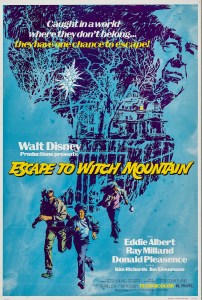

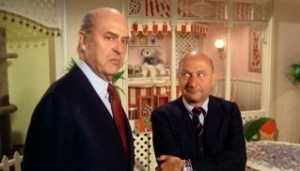
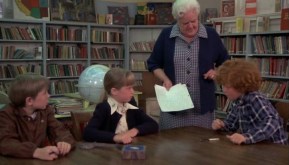
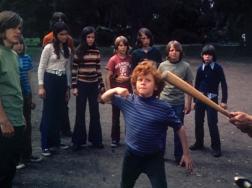


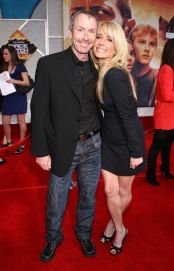

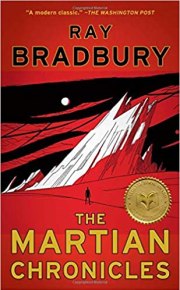

 Welcome back, Mixed-Up Filers.
Welcome back, Mixed-Up Filers.
 Is there anything else about the story that any of you would like to share?
Is there anything else about the story that any of you would like to share?